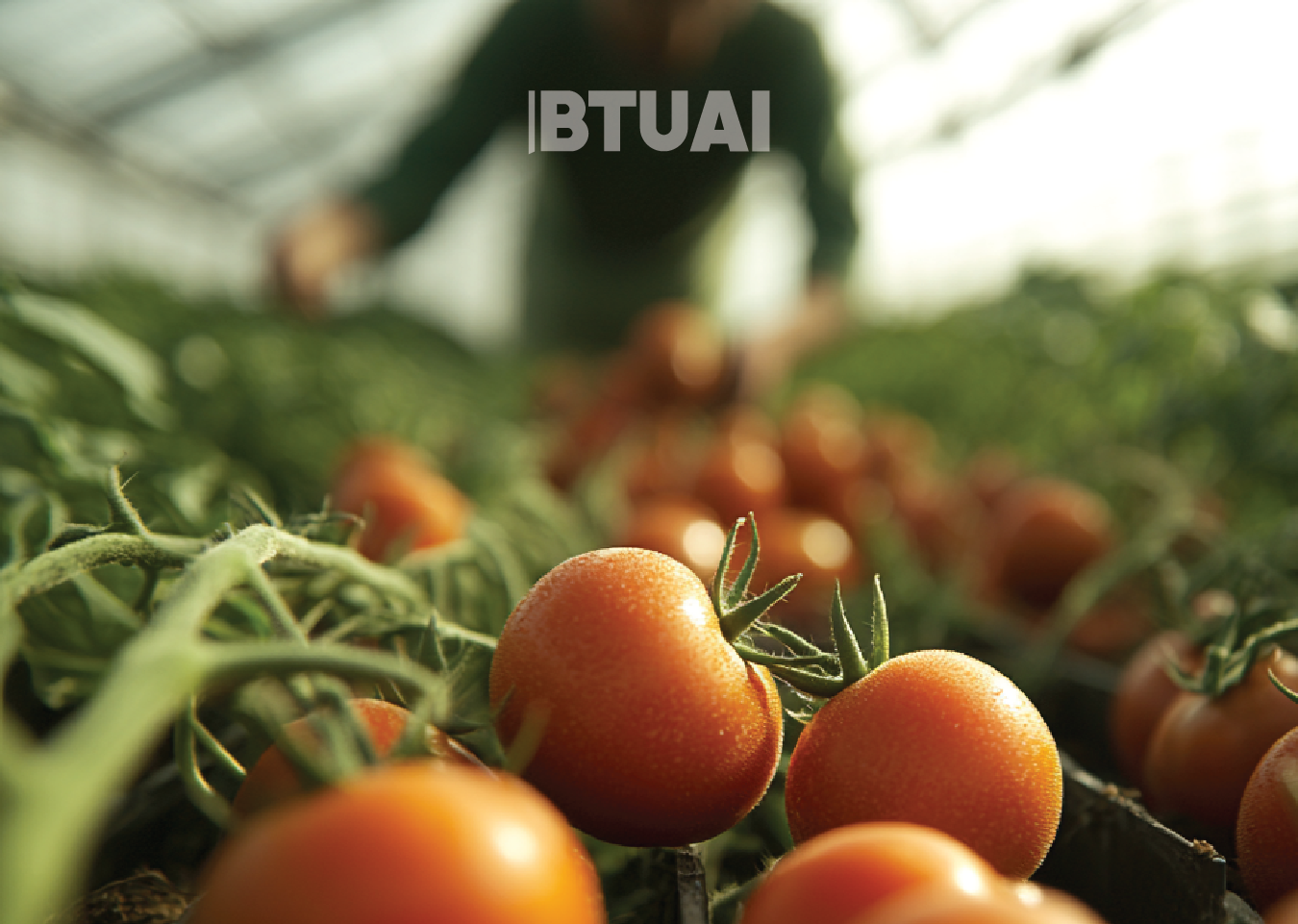What Will Happen to Georgian Agriculture Amid Intensifying Climate Impacts?
Agriculture is one of the most climate-sensitive sectors, yet in Georgia the full scale of this vulnerability remains underappreciated.

Agriculture is one of the most climate-sensitive sectors, yet in Georgia the full scale of this vulnerability remains underappreciated. Historically, the country has enjoyed favorable natural conditions for farming, but recent years have shown growing instability — weather patterns have become increasingly erratic, disrupting both rainfall and temperature norms.
The most affected crops are those highly dependent on moisture stability — such as wheat, corn, and vegetables. In western Georgia, the rise in extreme weather events, including landslides and hailstorms, is already damaging the yields of small-scale farmers. In the east, prolonged droughts are turning into a systemic issue rather than a seasonal one, especially when coupled with water management challenges. In 2024, several municipalities in Shida Kartli experienced significant crop losses due to water shortages (source: National Environmental Agency).
However, the outlook isn’t entirely negative — the changing climate is also opening up new opportunities. Warmer zones may become suitable for cultivating new grape varieties or even olive trees, which previously couldn’t thrive there. In Kakheti, some small farms have already established experimental olive groves and seen promising initial results.
Another potential strategy is the expansion of more climate-resilient crops — such as oats, lentils, or drought-tolerant grains. Yet, the biggest challenge here lies in awareness and preparedness. In 2023, the Ministry of Environment initiated a few informational campaigns, but there is still no large-scale support program in place.
The road ahead is complex. Climate conditions are clearly shifting, but policy remains mostly reactive. The key question is whether Georgian agriculture can adapt in time to maintain its economic and social role — or whether it will face deeper structural damage in the years to come.




